Can I use this battery for inverter?
Attachments
-
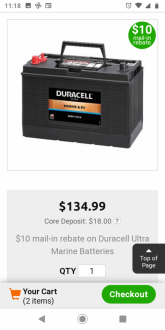 Screenshot_20210415-111827.png246.5 KB · Views: 6
Screenshot_20210415-111827.png246.5 KB · Views: 6 -
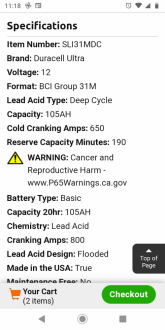 Screenshot_20210415-111814.png219.1 KB · Views: 5
Screenshot_20210415-111814.png219.1 KB · Views: 5 -
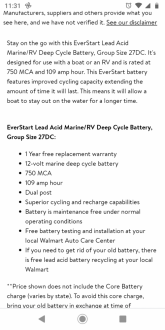 Screenshot_20210415-113114.png264.9 KB · Views: 4
Screenshot_20210415-113114.png264.9 KB · Views: 4 -
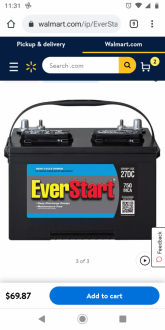 Screenshot_20210415-113133.png307.5 KB · Views: 3
Screenshot_20210415-113133.png307.5 KB · Views: 3 -
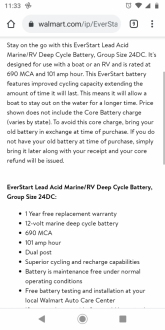 Screenshot_20210415-113314.png265.5 KB · Views: 3
Screenshot_20210415-113314.png265.5 KB · Views: 3 -
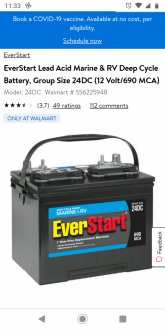 Screenshot_20210415-113326.png329.7 KB · Views: 4
Screenshot_20210415-113326.png329.7 KB · Views: 4


